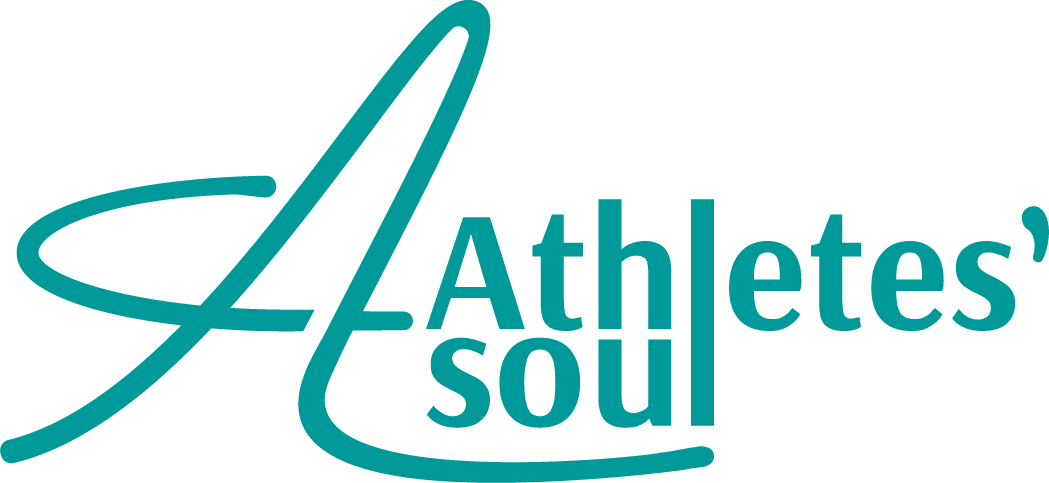Nutrition Advice for the Retiring Athlete
Athletes have an unusual relationship with food. As an elite or pro athlete, food is fuel and therefore, it is an integral part of daily training regimen. For some, this means a very controlled diet, for others, it means three times more calories than a “normal” human. Regardless, this may leads to difficulties once retired from sport with weight gain being the most common issue. Some of the challenges include weight gain or loss, fear of getting fat, poor food choices, too much alcohol consumption, body composition changes, issue with body image, no regular eating pattern, excessive dieting, etc.
During their career, athletes are most often guided by their team nutritionist but, once they retire, they don’t know what to expect and how to adjust their food intake to their new lifestyle. Here are some tips for the transition period especially for those who have decided to take several months off from exercise.
ADJUST YOUR CALORIE INTAKE to your new lifestyle (most of the time this will mean less calorie/day). Consider your gender, age, lifestyle, exercise level, daily routine and personal goals.
REDUCE SUGAR AND SALT (you don’t get a free pass on unhealthy foods anymore 😉) and INCREASE YOUR INTAKE OF FRUITS AND VEGETABLES, reduce refine grains and eat whole grains.
DRINK MOSTLY WATER - energy, sport drinks and chocolate milk are for elite athletes. Drink water before meals to control your appetite in the beginning, AND LIMIT ALCOHOL INTAKE, which can add a lot of extra calories per day
DEVELOP A REGULAR EATING PATTERN (most common is 3 meals/day + 2 small snacks), don’t skip meals. PLAN, SHOP AND COOK your own food, this is much healthier than packaged meals or eating out.
SEEK OUT THE ADVICE OF A NUTRITIONIST OR DIETICIAN, if you can afford it, at least for the transition period.
From the World Health Organization - Healthy Diet Guidelines for Adults
The exact make-up of a diversified, balanced and healthy diet will vary depending on individual characteristics (e.g. age, gender, lifestyle and degree of physical activity), cultural context, locally available foods and dietary customs. However, the basic principles of what constitutes a healthy diet remain the same.
A healthy diet includes the following:


